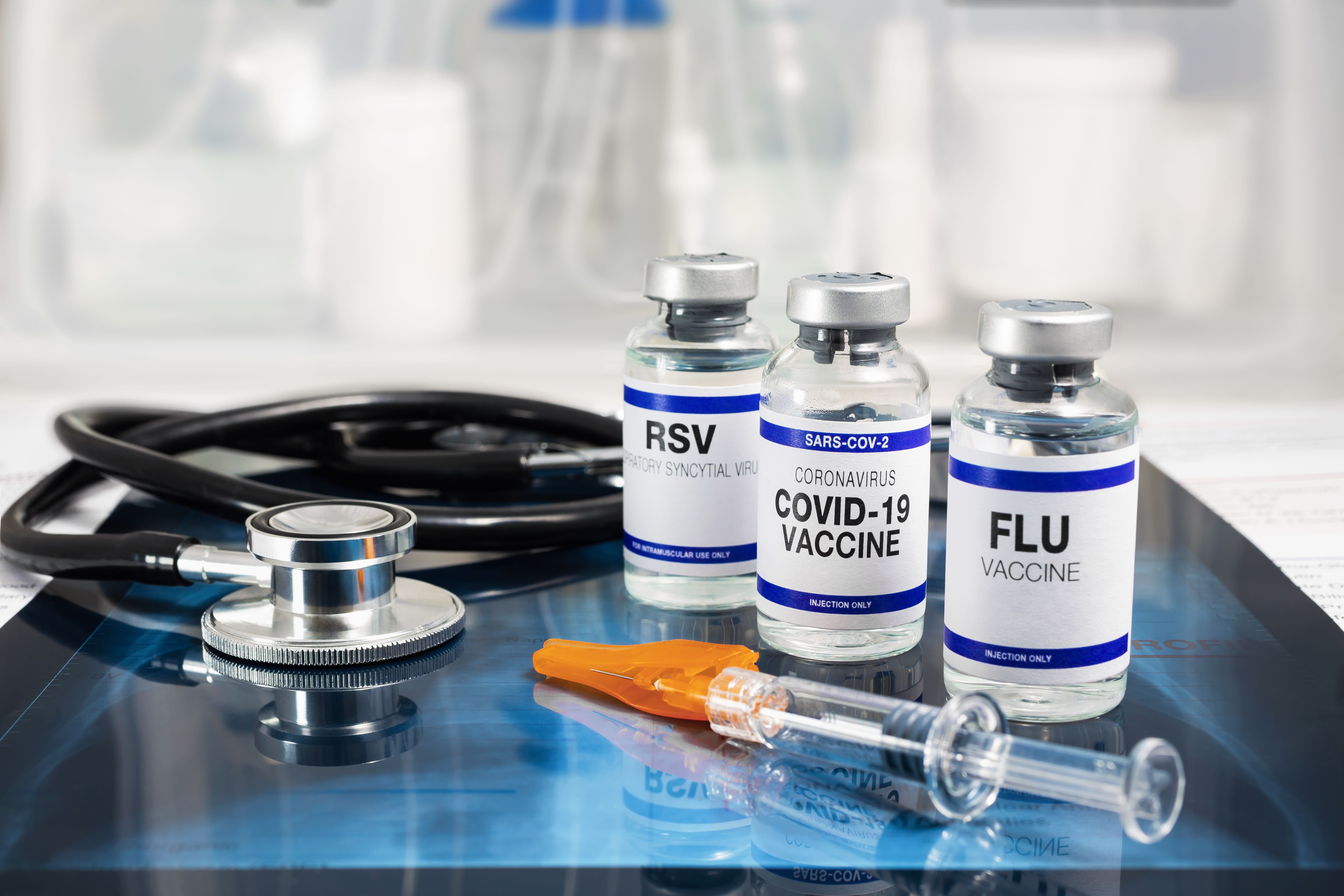- Center on Health Equity & Access
- Clinical
- Health Care Cost
- Health Care Delivery
- Insurance
- Policy
- Technology
- Value-Based Care
Impact of RSV on Hospitalizations in US Adults Prior to Vaccine Introduction
Respiratory syncytial virus (RSV) caused significant hospitalizations and severe outcomes in adults, especially those aged 75 years and older.
A study analyzing data from October 2016 to September 2023 revealed a substantial burden of respiratory syncytial virus (RSV) in hospitalized US adults before the rollout of the 2023 RSV vaccines, suggesting that increasing RSV vaccination among older adults could help reduce severe clinical outcomes and health care burdens.1

The cross-sectional study is published in JAMA Network Open.
“This analysis used 2016 to 2023 data from the population-based RSV Hospitalization Surveillance Network (RSV-NET) to describe the demographic characteristics of adults 18 years or older hospitalized with laboratory-confirmed RSV and to estimate rates and numbers of RSV-associated hospitalizations, intensive care unit (ICU) admissions, and in-hospital deaths,” the researchers of the study wrote.
On June 26, 2024, the CDC’s Advisory Committee on Immunization Practices (ACIP) updated its recommendations that all adults aged 75 and older and adults 60 to 74 years who are at increased risk for severe RSV should receive a single dose of the RSV vaccine (Arexvy [GSK], Abrysvo [Pfizer], or mResvia [Moderna]).2
RESP-NET conducts population-based surveillance of RSV, COVID-19, and influenza hospitalizations in the US.1 The data captured laboratory-confirmed RSV-associated hospitalizations from 58 counties in 12 states, covering about 8% of the US population. Eligible participants included nonpregnant adults 18 years or older who had a positive RSV test result during hospitalization or within 14 days prior.
The primary outcome of the study was the burden of RSV in US adults, measured by the rates of RSV-associated hospitalizations, ICU admissions, and in-hospital deaths.
Between the 2016-2017 and 2022-2023 RSV seasons, the study identified a total of 16,575 laboratory-confirmed RSV-associated hospitalizations, with reverse transcription polymerase chain reaction (RT-PCR) being the primary diagnostic test (98.7%). Additionally, a significant majority of patients (62.6%) were 65 or older.
Hospitalization rates peaked in January each year, with notable disruptions during the COVID-19 pandemic. ICU admissions occurred in 19.1% of cases, and 4.3% of patients died in the hospital, with the highest mortality rate (5.8%) observed in adults 75 years or older.
Testing practices improved over time, increasing from 30.4% of hospitalized adults in 2016-2017 to over 60% in 2022-2023. The unadjusted hospitalization rate ranged from 8.8 to 21.2 per 100,000 adults, while adjusted rates varied significantly by age, peaking among adults 75 years or older. The estimated number of annual RSV-associated hospitalizations ranged from 123,000 in 2016-2017 to 193,000 in 2017-2018, with ICU admissions and in-hospital deaths also showing substantial burden.
Older adults, especially those 75 years and older, accounted for most severe outcomes, representing 45.6% of hospitalizations, 38.6% of ICU admissions, and 58.7% of in-hospital deaths.
However, the researchers acknowledged several limitations. First, RSV testing was based on clinicians' discretion, potentially leading to an underestimation of the true RSV burden. Although adjustments were made for testing practices and test sensitivity, the underlying assumptions may be incorrect. Therefore, the burden estimates could be biased. Additionally, the analysis did not include nonrespiratory complications of RSV or assess primary reasons for hospitalization. Lastly, RSV-NET data may not be fully generalizable to the entire US population.
Despite these limitations, the researchers believe the findings underscore the significant burden of RSV in the older adult population before introducing vaccines.
“The study found that most hospitalizations occurred among older adults, with the highest hospitalization rates in those aged 75 years or older,” wrote the researchers. “Given the large numbers of potentially vaccine-preventable hospitalizations and deaths associated with RSV, increasing vaccine coverage among adults at highest risk could reduce associated hospitalizations and severe clinical outcomes.”
References
1. Havers FP, Whitaker M, Melgar M, et al. Burden of respiratory syncytial virus–associated hospitalizations in US adults, October 2016 to September 2023. JAMA Netw Open. 2024;7(11):e2444756. doi:10.1001/jamanetworkopen.2024.44756
2. Steinzor P. FDA approves Abrysvo RSV vaccine for adults at increased risk. AJMC®. October 23, 2024. Accessed November 14, 2024. https://www.ajmc.com/view/fda-approves-abrysvo-rsv-vaccine-for-adults-at-increased-risk.
The Breakdown: Breast Cancer Research Awareness Day
August 19th 2025Breast cancer is the second most common cancer among women and the second leading cause of cancer-related deaths among women in the US. In light of Breast Cancer Research Awareness Day, The American Journal of Managed Care® breaks down the most recent advancements in breast cancer prevention, screening, and therapies.
Listen
Politics vs Science: The Future of US Public Health
February 4th 2025On this episode of Managed Care Cast, we speak with Perry N. Halkitis, PhD, MS, MPH, dean of the Rutgers School of Public Health, on the public health implications of the US withdrawal from the World Health Organization and the role of public health leaders in advocating for science and health.
Listen
